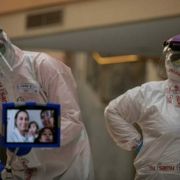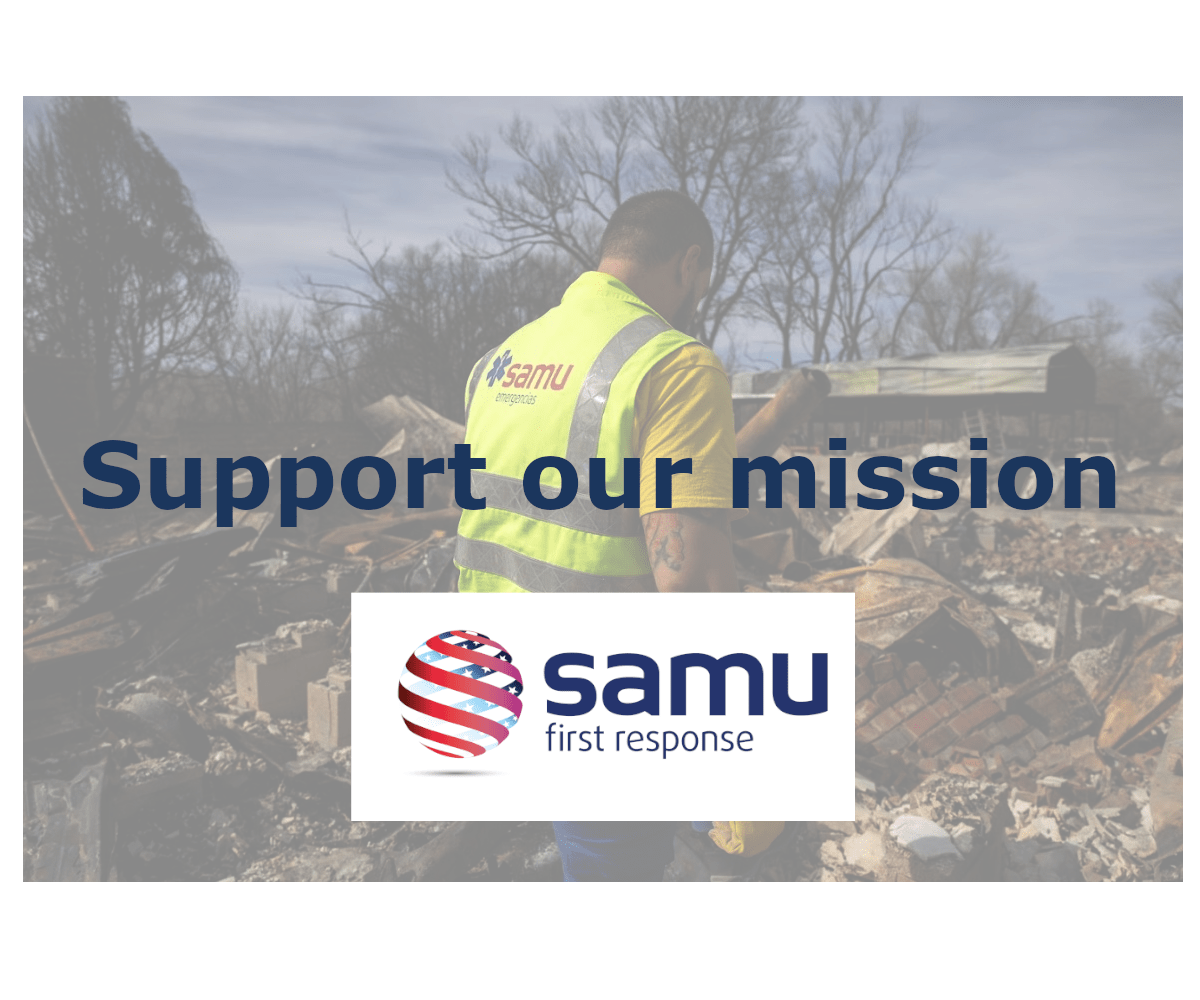Mental health during Covid-19: The voice at the other end of the call.
A team of 12 psychologists from SAMU are providing specializes services to patients and families in our emergency center temporarily located in the Hotel Alcora (Seville) and the Residencia de Tiempo Libre El Burgo de la Línea de la Concepción (Cádiz). These professionals are also supporting SAMU personnel that are currently working on the frontlines of the pandemic. From the beginning of the crisis they have already performed over 400 interventions.
“The task force emerged after observing the magnitude of the growing cases and the lockdown preventive measures taken to control the spread. We assessed the psychological consequences that people could suffer and on how we can best support from our position. At the same time, SAMU was advancing in two initiatives: the opening of the Hotel Alcora as a medical center hosting positive cases coming from retirement homes and the transfer of elderly residents from the center Alcalá del Valle to the Residencia de Tiempo Libre El Burgo”, explains Roberto Alconada Padilla, psychologist from the SAMU Wellness center and coordinator of this initiative.
The work of this team of psychologist is to assist the families of our patients as they are admitted, provide information about their transfers, health updates and answer their questions and anxieties that are presented when there is a family member that has tested positive for Covid-19. The team also provides the necessary tools when a person feels overwhelmed. All of these interventions are conducted virtually.
“Another part of our work has been in working with people as they are admitted to our care. A lot of them present cases of depression, anxiety and disorientation” continues Roberto Alconada. Likewise the team is offering support and psychological treatment to health professionals, key elements of our interventions. “Being away from family, exposed to high risk situations and the simple exhaustion from the wearing of PPPs could cause a health professional to experience post traumatic stress disorder”. The interventions are carried our virtually with daily, weekly or biweekly calls depending on the case.
“The hardest interventions is when we deal with the grief after a family member has passed, often without the possibility of saying goodbye. That is the reason that our teams have taken as high priority to schedule video calls for our patients and their families” highlights one of our psychologist. “Being away from a family member because they have the virus creates a sense of anxiety and stress, even more when there is at a terminal state. For the family it is important to be present even from the distance. Bring able to accompany a parent in their last days helps later when they are in a process of mourning”.
“We are also helping families in their emotional processes through the country. A lot of them had no chance to say goodbye and they are dealing with difficult grief processes that can lead to greater issues as time passes. Our team supports the family before, during and after a relative is deceased”. Continues Roberto Alconada. He also explains that the society was not ready for this pandemic and that every person has to use their own resources to face the crisis. “As we face the uncertainty and lack of knowledge on how to face this crisis, it is important to have the right set of tools to help us cope with our new reality. Knowing that there is a professional at the other end of the call, someone that listens, understands the challenges and offers advice on how to manage the uncertainty helps the person deal with the crisis in a healthier way minimizing the potential of emotional damage”.


